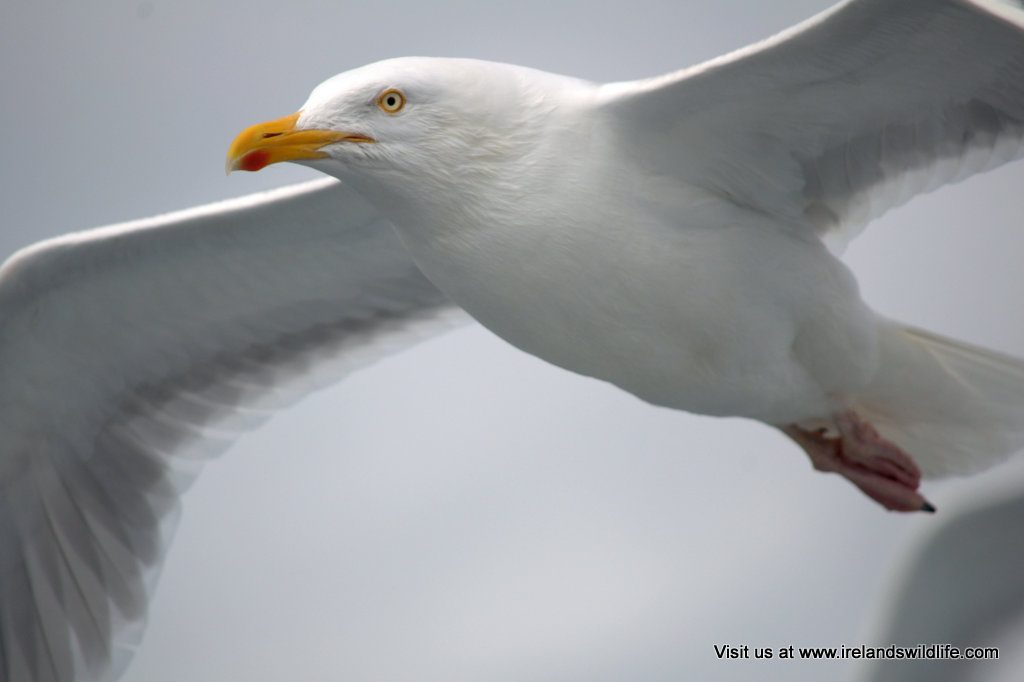
Anyone with an ounce of sense will instantly see the headline above for what it is: sensationalist, ill-informed clap-trap. Nonetheless headlines just like it have been rife across Irish media following calls for a cull of the birds by Senator Denis O’Donovan in the Seanad earlier this week.
Here are just some of the questionable headlines, introducing equally incredulous editorial from ostensibly “respectable” Irish media outlets.
“Cull the other one: Call for hunt of vicious seagulls” — The Irish Times
“Seagull came at me like a velociraptor…” — The Irish Independent
“‘Stuka dive-bomber’ gulls killing mature sheep inland” — The Irish Examiner
“Liam Collins: It’s War on Seagulls” — The Irish Independent
That last one, an opinion piece in The Irish Independent, is particularly obtuse — but don’t take my word for it: have a read for yourself — then let the editor know what you think in the comments.
Those are just a few examples from what many would consider “quality publications” in the Irish press. You can imagine the meal our traditionally more “creative” tabloids are making of the “gull cull” story.
I know we’re entering “silly season”: news is slow and column inches need to be filled. But really? Is this what it’s come to? Since when do editors at “respected” Irish media outlets allow their pages to become vectors for erroneous, poorly researched, one-sided and frankly misleading nonsense?
Come to think of it, perhaps that’s nothing new….
For the record, gulls don’t go around killing adult sheep and disembowelling live lambs (although they will, quite naturally, feed on already dead animals), neither will they purposely fly at motorcyclists like World War II bombers — why would they risk an injury doing that? It’s nonsense!
It’s a little disturbing to hear politicians in the Seanad using expressions like “losing the run of themselves” in relation to gulls, calling for “a cull on this vicious seabird” or making outrageous claims like “seagulls are endangering society”. These notions are misguided, and demonstrate a troubling lack of understanding of the natural world we all live in.
Perhaps worse than that is the fact this issue has made it to the floor of the Seanad at all. Surely as a nation we have much bigger problems our elected representatives need to address.
But it seems that common sense holds little sway in Irish politics or the Irish media. It’s particularly thin on the ground when it comes to this gull cull debate. So let’s try to redress the balance a bit here.
The truth about the “seagull problem”
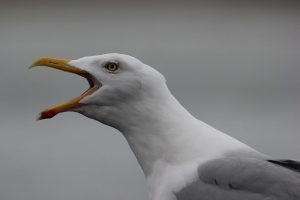
The “seagull problem” isn’t really a seagull problem at all — it’s a human behaviour problem. As with most situations where we point the finger at wildlife, gulls are bearing the brunt of an issue that we’ve manufactured. This nuisance behaviour by some emboldened gulls isn’t really the issue we need to tackle — it’s merely a symptom of a problem we’ve created.
Let me explain.
Gulls (not seagulls) are typically coastal birds rather than birds of the open ocean, preferring to stay close to land. They are also found inland near lakes and other bodies of water where they can find food and somewhere to nest.
As a group these are intelligent, supremely adaptable birds that are quick to spot and exploit any opportunity. That adaptable streak makes them very successful, but like other opportunists in the animal kingdom (like urban foxes or rats, for example) it can also bring them into direct contact, and thus conflict, with people.
Gulls are colonising our towns and cities for two main reasons. Firstly, dwindling fish stocks caused by human overexploitation means their traditional coastal fare is harder for them to find; secondly, we are an incredibly messy and wasteful species. We leave scraps of discarded food and rubbish wherever we go. Add to that the fact that modern flat roofs in our urban sprawl make for ideal nesting sites, and we’re creating what amounts to a gull nirvana.
Blaming gulls for taking advantage of these easy pickings is disingenuous — suggesting that we kill them for doing so surely borders on the immoral.
More gulls in towns doesn’t necessarily mean more gulls
The main species of gull we’re talking about here is the herring gull — and perhaps, to a lesser extent, the lesser-black-backed and great-black-backed gulls. These are the large gulls you see whenever you visit the coast, and that increasingly are moving in to exploit the opportunities we provide in our towns and cities. Let’s focus on the herring gull for now though, as they typically bear the brunt of people’s vitriol.
Although we’re seeing more herring gulls in towns and cities these days, for the reasons outlined above, overall the herring gull as a species hasn’t been doing particularly well.
While we don’t have up-to-the-minute population figures for gulls in Ireland, the most recent data we do have shows that the herring gull populations in Ireland plummeted by nearly 60% over the last decade — and by a staggering 90% since the late 1980s. The decline here and in Britain has been so drastic that herring gulls are now red-listed as a species of conservation concern in both countries.
So the fact that we’re seeing more herring gulls in our towns is misleading, and in no way reflects the status of the population as a whole. I certainly wouldn’t put it past the Irish authorities to sanction a cull of a red-listed species, especially given their track record of ignoring scientific fact in favour of public opinion in the past. However, surely it must be obvious to everyone that killing birds whose population is already in freefall is a really bad idea.
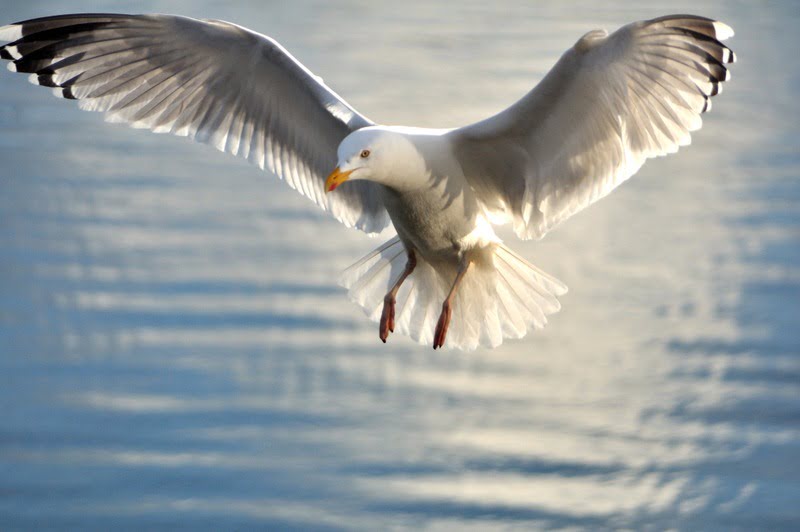
Does the public really support a gull cull?
A poll being run by TheJournal.ie is currently showing 53% of respondents in favour of a cull. But I can’t help feeling that’s partly because people are reading and believing all of these horror stories in the media, without any balancing arguments, or a full understanding of the facts.
So what do you think? Should we sanction a cull of gulls, as proposed by some senators — or should we address the problem by changing the human behaviour that’s causing birds to become a nuisance in the first place?
[poll id=”2″]
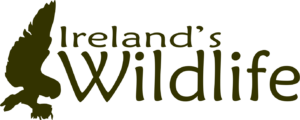

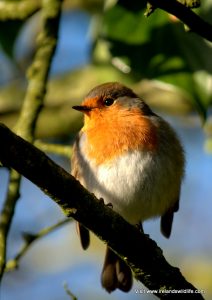
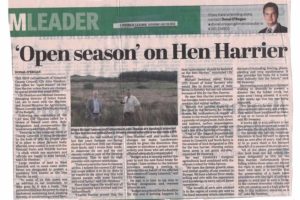
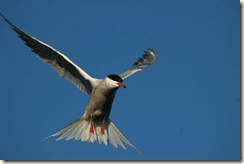



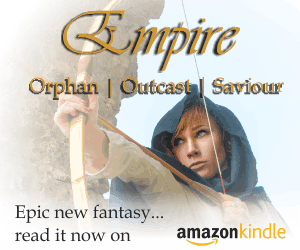

3 comments
cisca bos
good, more ppl should think for themselfs and not just believe all the media crap ! clean up your own mess and you will have a lesser problem with the gulls !
Brian Carruthers
Great write up